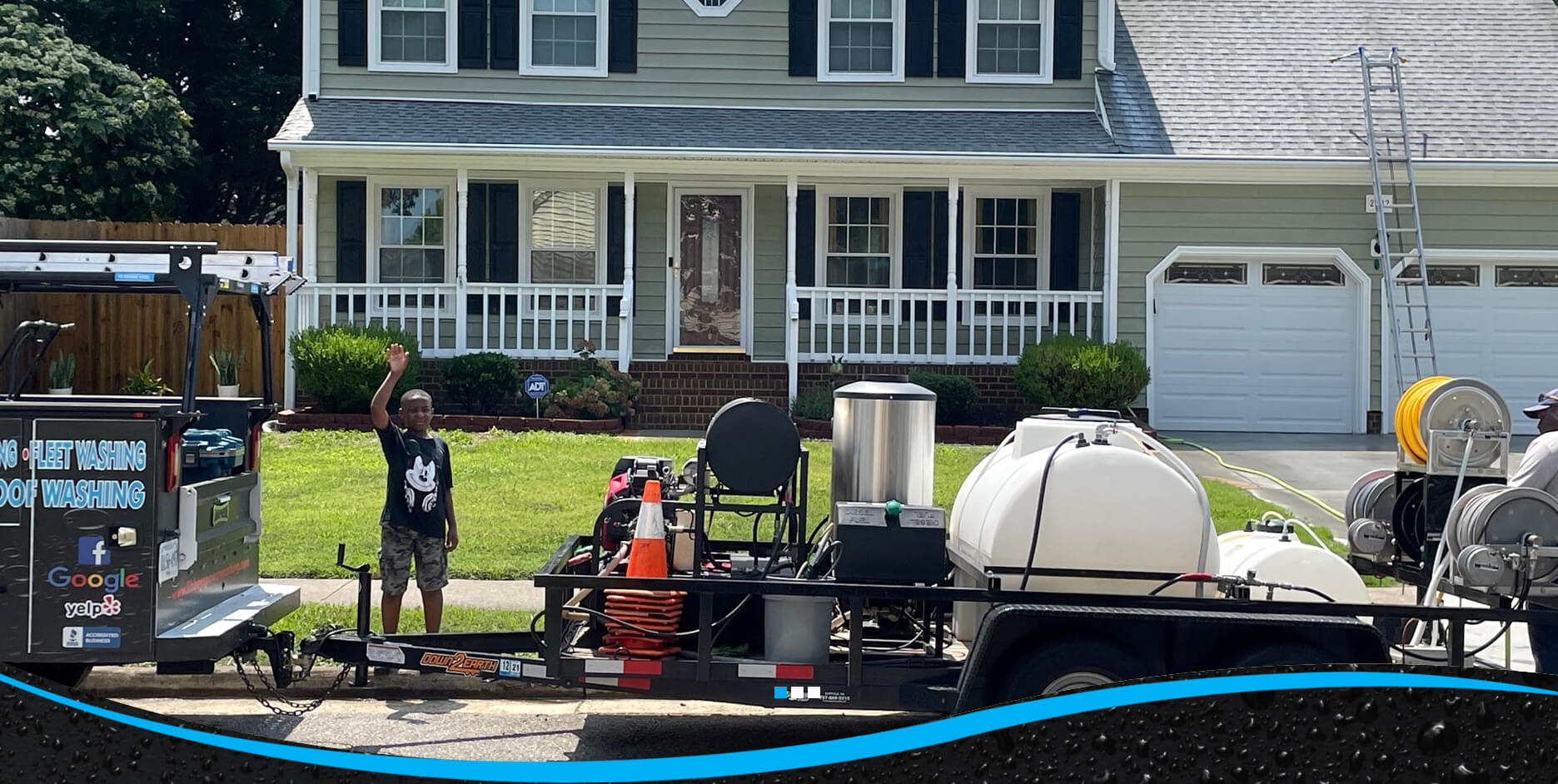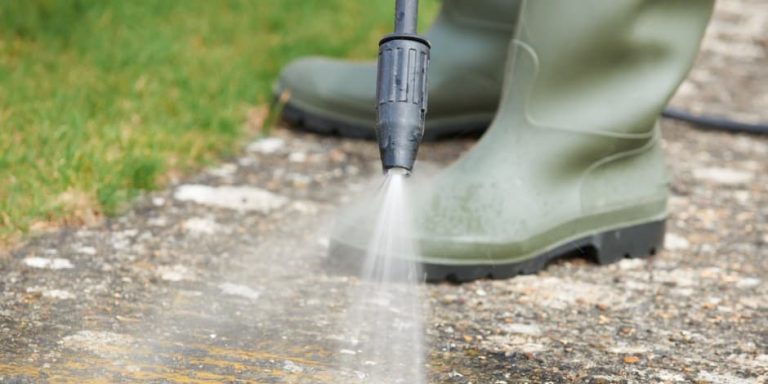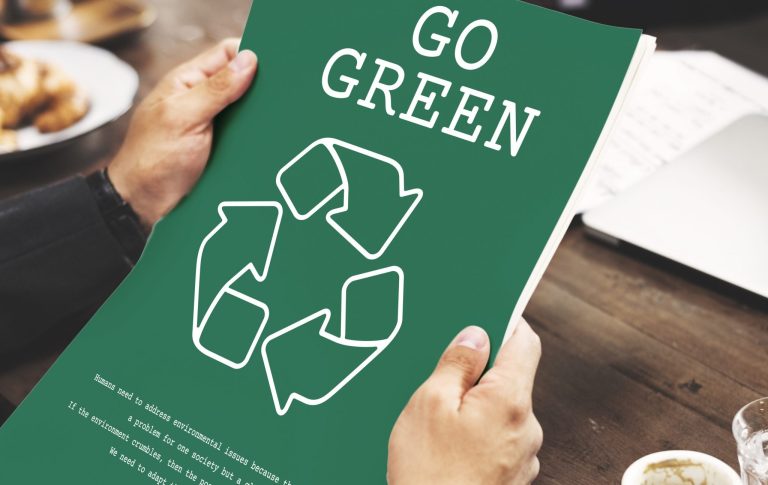
Mobile power washing services have revolutionized the cleaning industry, offering fast, flexible solutions for everything from storefronts and sidewalks to vehicle fleets and construction equipment. But with mobility comes responsibility—especially when it comes to the environmental footprint of each job.
This article dives into how mobile pressure washing businesses can adopt eco-friendly practices without sacrificing performance, helping both the planet and your bottom line. 🌍✅
🚐 What Makes Mobile Services Different?
Unlike fixed-location washing services, mobile power washers:
- Operate on-the-go from trucks or trailers
- Service multiple job sites per day
- Use portable water tanks, fuel supplies, and cleaning agents
- Often work in high-traffic, urban, or outdoor areas
While this flexibility is a huge plus for customers, it introduces several challenges:
- Wastewater management
- Fuel use and emissions
- Chemical transport and spillage
- Noise and disruption in public spaces
Without proper planning, mobile operations can become environmental liabilities. ♻️😬
Browse Amazon Here For Mobile Pressure Washing Setups And Accessories
🌱 1. Use Eco-Friendly Detergents
Standard degreasers and soaps often contain:
- Phosphates
- Solvents
- Bleach or ammonia
- Petroleum-based surfactants
These chemicals can:
- Harm aquatic life
- Pollute groundwater
- Trigger fines if they enter storm drains
🟢 Instead, mobile services should switch to:
- Biodegradable detergents
- EPA Safer Choice–certified products
- Enzyme-based cleaners that break down grime without toxic residues
💡 Pro Tip: Market your eco-safe product line to attract environmentally-conscious clients!
Browse Amazon Here For Eco-Friendly Pressure Washing Detergents
💧 2. Capture and Reclaim Wastewater
This is the #1 best practice for environmental compliance.
Instead of letting runoff:
- Flow into streets
- Soak into the ground
- Enter stormwater systems
Install a recovery system on your rig. These systems:
- Vacuum up wastewater
- Filter solids and contaminants
- Store water for safe disposal or reuse
Some high-end systems allow water to be reused on multiple jobs—saving money and reducing waste. 💸♻️
🛑 Many municipalities legally require mobile washers to contain and dispose of wastewater properly.
⚡ 3. Rethink Your Power Source
Most mobile washers use gas or diesel engines to power pressure washers and water heaters. These:
- Emit greenhouse gases (CO₂, NOx, hydrocarbons)
- Contribute to noise and air pollution
- Increase operating costs with fuel dependency
Consider:
- Electric-powered washers if your jobs have outlet access
- Battery-powered or hybrid units for lighter cleaning tasks
- Solar charging stations at your home base to power battery banks or support office needs
🔋 Over time, switching to electric or hybrid solutions can cut your emissions by up to 80%.
🧼 4. Train Your Staff in Sustainable Practices
Even the best tools won’t help if your team doesn’t know how to use them responsibly.
Train crews to:
- Pre-treat surfaces with minimal water
- Set up containment barriers and drainage socks
- Check for storm drains before starting
- Use the lowest effective PSI for the job
- Dispose of wastewater at designated disposal sites
🧠 Knowledge = environmental protection + fewer fines.
🌍 5. Plan Routes to Reduce Driving Emissions
Fuel usage for driving between jobs may be your biggest environmental cost.
- Use route-planning software to optimize daily jobs
- Group clients by region to reduce travel time
- Offer discounts to neighbors who schedule service together
- Track fuel consumption with onboard GPS to reduce idling and inefficiencies
🚛 Every mile saved is money in your pocket and CO₂ kept out of the air.
📣 6. Communicate Your Sustainability Efforts
Being green isn’t just about the environment—it’s also a marketing tool.
Highlight eco-friendly practices like:
- “Wastewater reclaimed on every job”
- “100% biodegradable products”
- “Fuel-efficient fleet”
- “No runoff into storm drains”
Use eco-certifications or green seals on your website, truck wraps, and invoices. This builds trust and attracts environmentally responsible clients. ✅🌿
💰 7. Choose Sustainable Equipment and Supplies
Consider upgrading to:
- Low-flow nozzles (reduce water use by 30–50%)
- Multi-function machines (hot/cold water, various PSI levels)
- Water tanks made from recycled materials
- Rechargeable electric hose reels
While initial costs may be higher, long-term savings come from:
- Lower fuel and water bills
- Fewer fines or legal risks
- Higher customer satisfaction and retention
🏙️ 8. Follow Local Environmental Laws
Mobile power washers are subject to city, county, and state regulations regarding:
- Water disposal
- Noise ordinances
- Emission controls
- Chemical storage and use
Check regulations for each area you operate in—and document compliance for your records.
📑 Some cities even require environmental permits to pressure wash in public or commercial zones.
🔄 9. Offer Sustainable Service Plans
Differentiate your business by offering:
- Eco-packages that prioritize water conservation
- Maintenance plans to reduce over-washing
- “Green guarantee” options for environmentally sensitive zones
You’ll attract a new class of customer that values sustainability alongside cleanliness.
🧠 Final Thoughts
Operating a mobile pressure washing business doesn’t have to mean compromising the environment. With the right tools, planning, and commitment, you can run a clean, efficient, and eco-conscious operation that customers feel good hiring.
From biodegradable soaps to route optimization and water reclamation systems, sustainability isn’t just a trend—it’s the future of power washing. 🌱🚿
Browse Amazon Here For Mobile Pressure Washing Setups And Accessories






